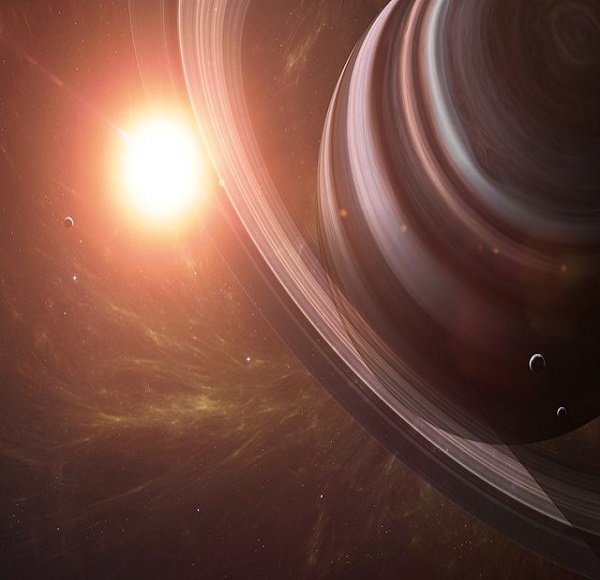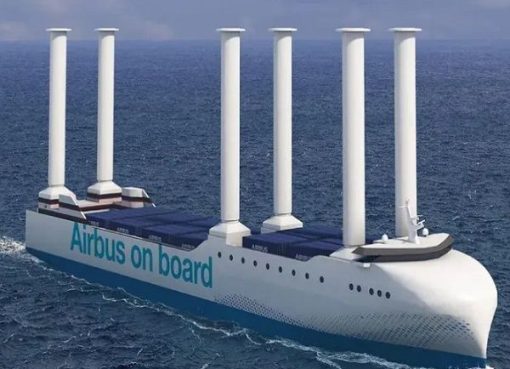A team of scientists has detected the presence of phosphorus in the icy oceans of one of Saturn’s moons, Enceladus.
The discovery was based on data collected by Nasa’s Cassini spacecraft, the first to orbit Saturn, during its 13-year landmark exploration of Saturn and its many moons from 2004 to 2017.
The same team that worked on Cassini has previously confirmed that Enceladus’ ice grains contain a rich assortment of minerals. However, phosphorus, the least abundant of six chemical elements considered necessary to all living things (carbon, oxygen, hydrogen, nitrogen and sulphur) had never been detected on the moon – until now.
“It’s the first time this essential element has been discovered in an ocean beyond Earth,” the study’s lead author, Frank Postberg said.
Using geochemical modelling, the researchers in Europe and Japan were able to demonstrate that phosphorus exists in Enceladus in concentrations at least 100 times that of Earth’s oceans.
“In 2020 (published in 2022), we used geochemical modelling to predict that phosphorus should be abundant in Enceladus’ ocean,” Dr. Christopher Glein, a co-author of the paper added.“Now, we have found abundant phosphorus in plume ice samples spraying out of the subsurface ocean.”

Phosphorus was found on the subsurface ocean of Saturn’s small moon, Enceladus. / Cassini Imaging Team/SSI/JPL/ SWRI/ Freie Universität Berlin
The detection of the presence of phosphorus was made using measurements taken by Cassini, as it flew through a plume of ice crystals that erupted from an interior ocean at Enceladus’ south pole.
“We found phosphate concentrations at least 100 times higher in the moon’s plume-forming ocean waters than in Earth’s oceans,” Glein said. “Using a model to predict the presence of phosphate is one thing, but actually finding the evidence for phosphate is incredibly exciting. This is a stunning result for astrobiology and a major step forward in the search for life beyond Earth.”
This ocean has made Enceladus a prime candidate in the search for places in our solar system beyond Earth that are habitable, if only to microbes. Another is Jupiter’s larger moon Europa, which also is believed to harbour a global ocean of liquid water beneath its icy surface.
Enceladus is about one-seventh the size of Earth’s moon and the sixth-largest among Saturn’s 146 known natural satellites.
Despite the discovery, researchers have stressed that it merely means the presence of life outside of Earth could be possible, not that it has been found.
“Geochemical experiments and modelling demonstrate that such high phosphate concentrations result from enhanced phosphate mineral solubility, in Enceladus and possibly other icy ocean worlds in the solar system beyond Jupiter,” Glein said.
“With this finding, the ocean of Enceladus is now known to satisfy what is generally considered to be the strictest requirement for life. The next step is clear – we need to go back to Enceladus to see if the habitable ocean is actually inhabited.”
Source: E&T










